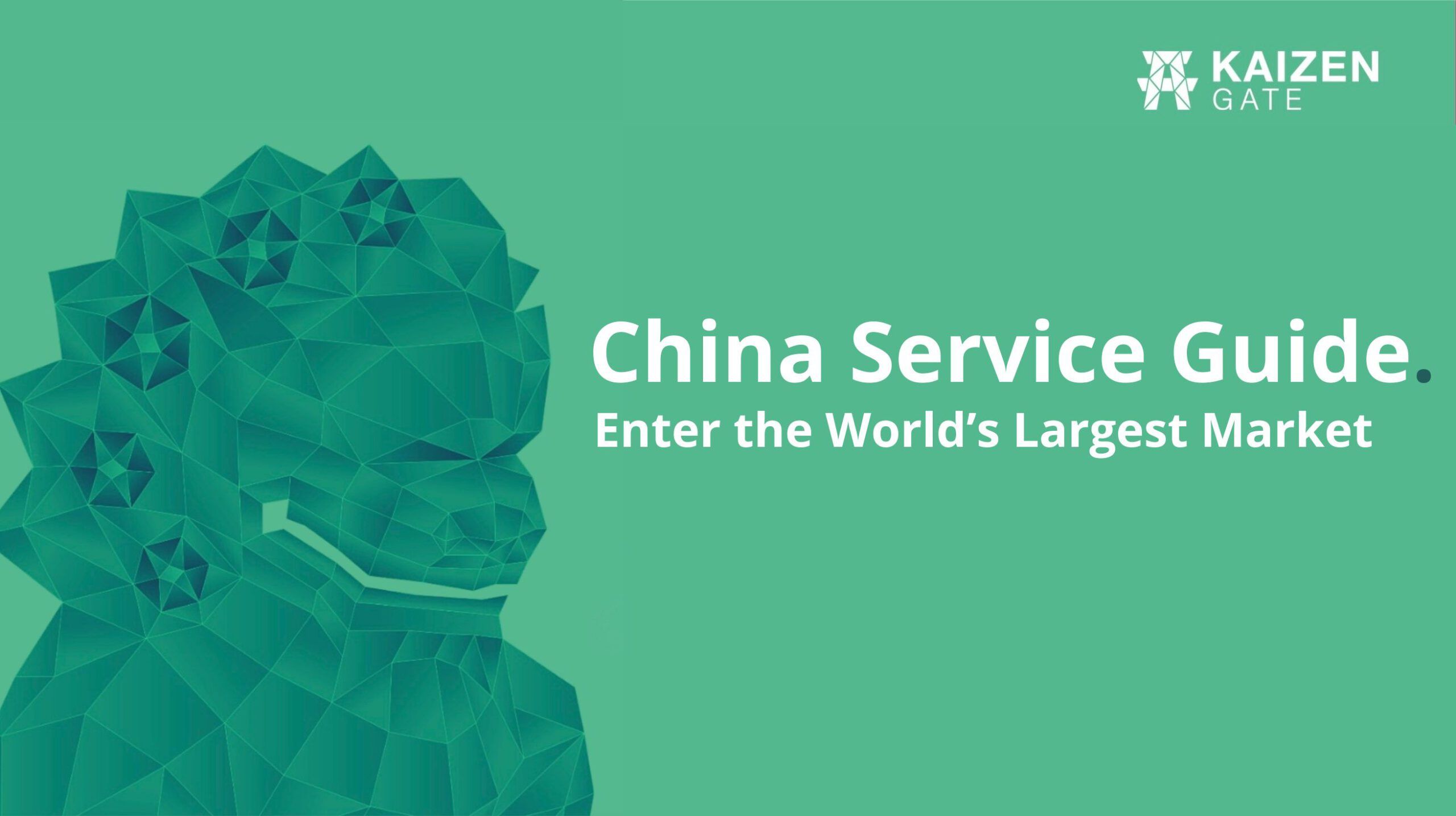A recent diplomatic development has reminded Europe’s trade community of a recurring issue in international cooperation: the mismatch between stated alliances and actual practice. On May 7, Reuters reported that the Danish government is seeking clarification from the United States over allegations that U.S. surveillance activities may have extended into Greenland, a Danish autonomous territory of growing commercial and strategic importance.
While the details of the case remain largely unconfirmed and will likely be addressed quietly through official channels, the news is relevant to companies operating internationally, particularly those working in sectors such as logistics, energy, and digital infrastructure. When even allied countries face friction over transparency and oversight, the commercial implications ripple beyond the diplomatic realm.
At GateKaizen, we believe this is a moment to reflect not on the political controversy, but on the structural fragility of current trade frameworks. If partners as close as the U.S. and Denmark face issues around unilateral actions, it raises important questions about sovereignty, predictability, and mutual respect in global cooperation, precisely the factors that businesses depend on when planning long-term investment.
Greenland’s Importance Goes Beyond Geography
Greenland is increasingly viewed as more than a remote Arctic landmass. It is a future hub for rare earth mining, satellite positioning infrastructure, and potentially artic maritime routes connecting Asia and Europe. Any uncertainty in how the region is governed, or how international actors behave within it, has downstream effects on capital allocation and project risk assessments.
For Denmark and Europe more broadly, this case highlights the value of building diversified partnerships. While longstanding Atlantic ties remain foundational, the global trade landscape is evolving. Emerging markets, particularly in Asia, are offering new channels for infrastructure collaboration, energy transition financing, and logistics connectivity, often under frameworks that prioritize mutual development over unilateral interest.
Commercial Predictability in a Multipolar World
As firms assess where to allocate resources in a shifting global order, trust becomes a key variable. Europe finds itself in a unique position: historically allied with the U.S., yet increasingly drawn to the scale and long-term vision of Asian markets, especially China.
Chinese economic diplomacy, from the Belt and Road Initiative to the EU–China Comprehensive Agreement on Investment (CAI), has consistently framed itself around transparency, win-win cooperation, and non-interference. While differences in regulatory systems remain, China’s posture in regions like the Arctic has largely emphasized commercial opportunity and respect for local governance, a contrast to more security-driven approaches.
In today’s interconnected world, commercial trust is built not just on capability, but on consistency. This latest episode, regardless of how it is resolved, may prompt European stakeholders to explore trade alliances diversification to achieve more balance, less deppendance, fewer disruptions, and longer planning horizons.
Time for Strategic Economic Diversification
For Denmark, the implications are twofold. First, there’s a need to reinforce control over its autonomous territories while still enabling open, rules-based trade. Second, there is an opportunity to strengthen commercial ties with partners whose engagement is driven primarily by development goals, not geopolitical leverage.
In Greenland’s case, foreign companies, including Asian investors, have shown sustained interest in green energy, sustainable mining, and Arctic infrastructure. These sectors require clear governance, stable financing, and technological cooperation, not strategic ambiguity.
At GateKaizen, we work with clients on both sides of the Eurasian corridor. What we observe is that companies are now as interested in the political tone of cooperation as they are in tariffs or licensing. The ability to forecast how a partner will behave over 10–15 years matters more than short-term market access.
Conclusion: Stability Is the New Advantage
This is not a question of East versus West, it’s about creating a trade environment where commercial actors are shielded from unpredictable behavior, even among allies. The Greenland case does not have to be a crisis. But it is a signal. A signal that Europe’s economic future should rest on balanced, multi-vector partnerships rooted in mutual interest.
GateKaizen supports businesses in navigating these new trade realities. From e-commerce operations in China to market entry support across Asia, we believe in a multipolar strategy where commercial stability, not geopolitical alignment, becomes the foundation of modern trade.


